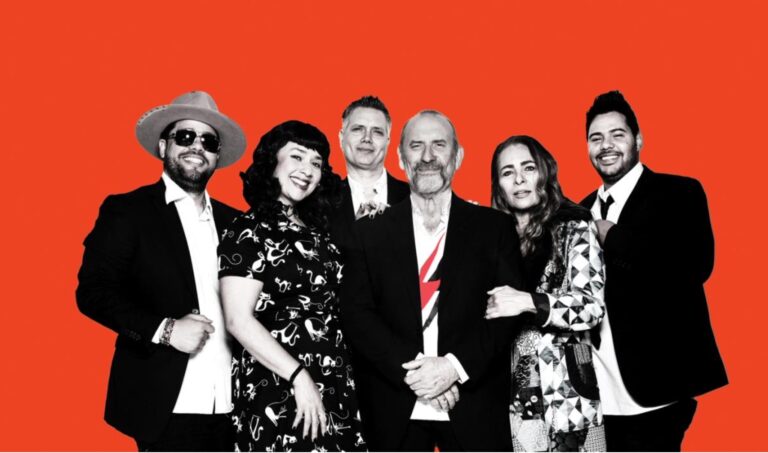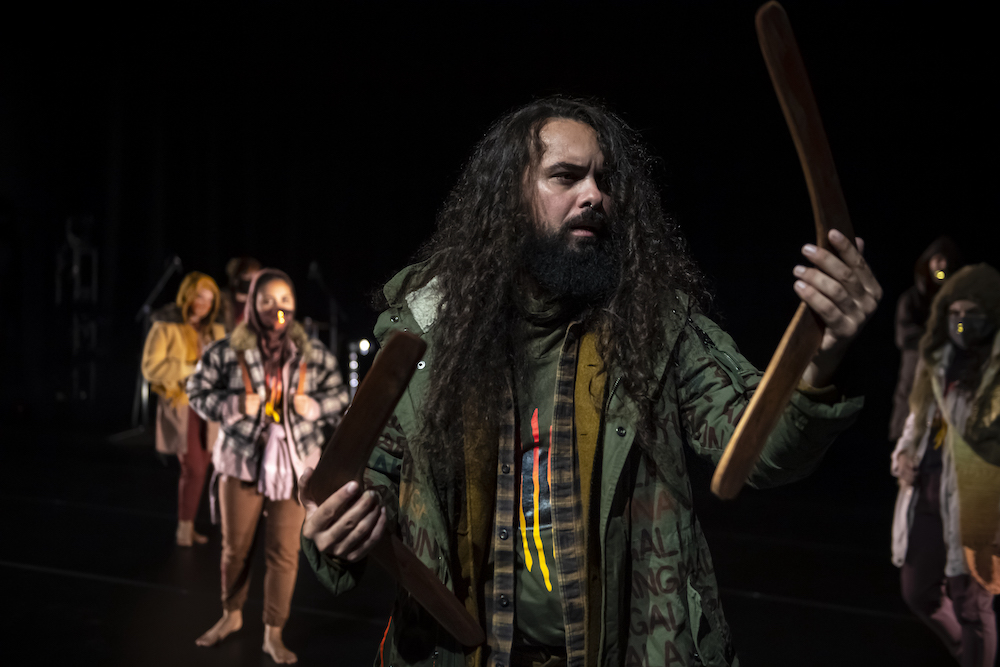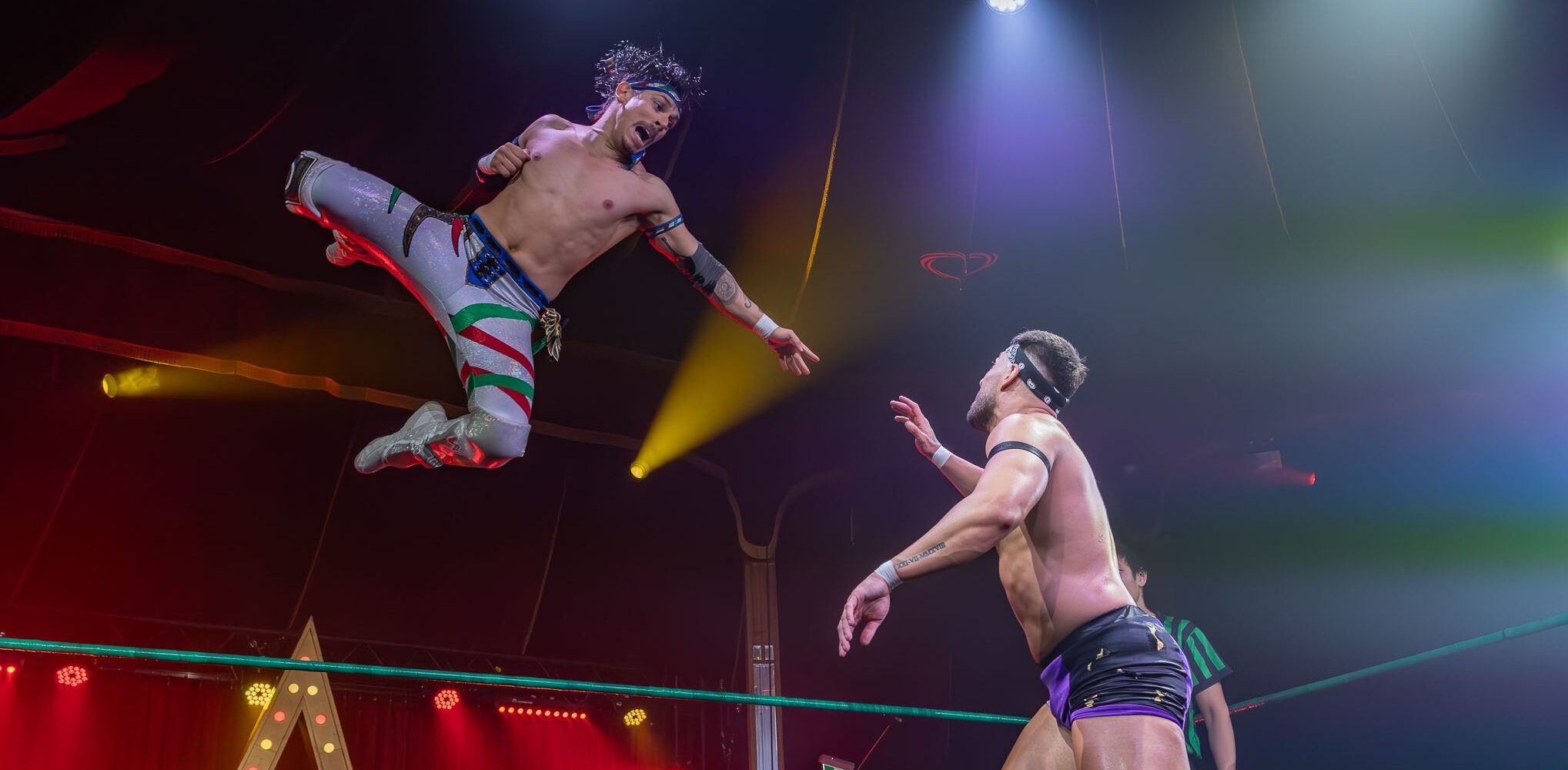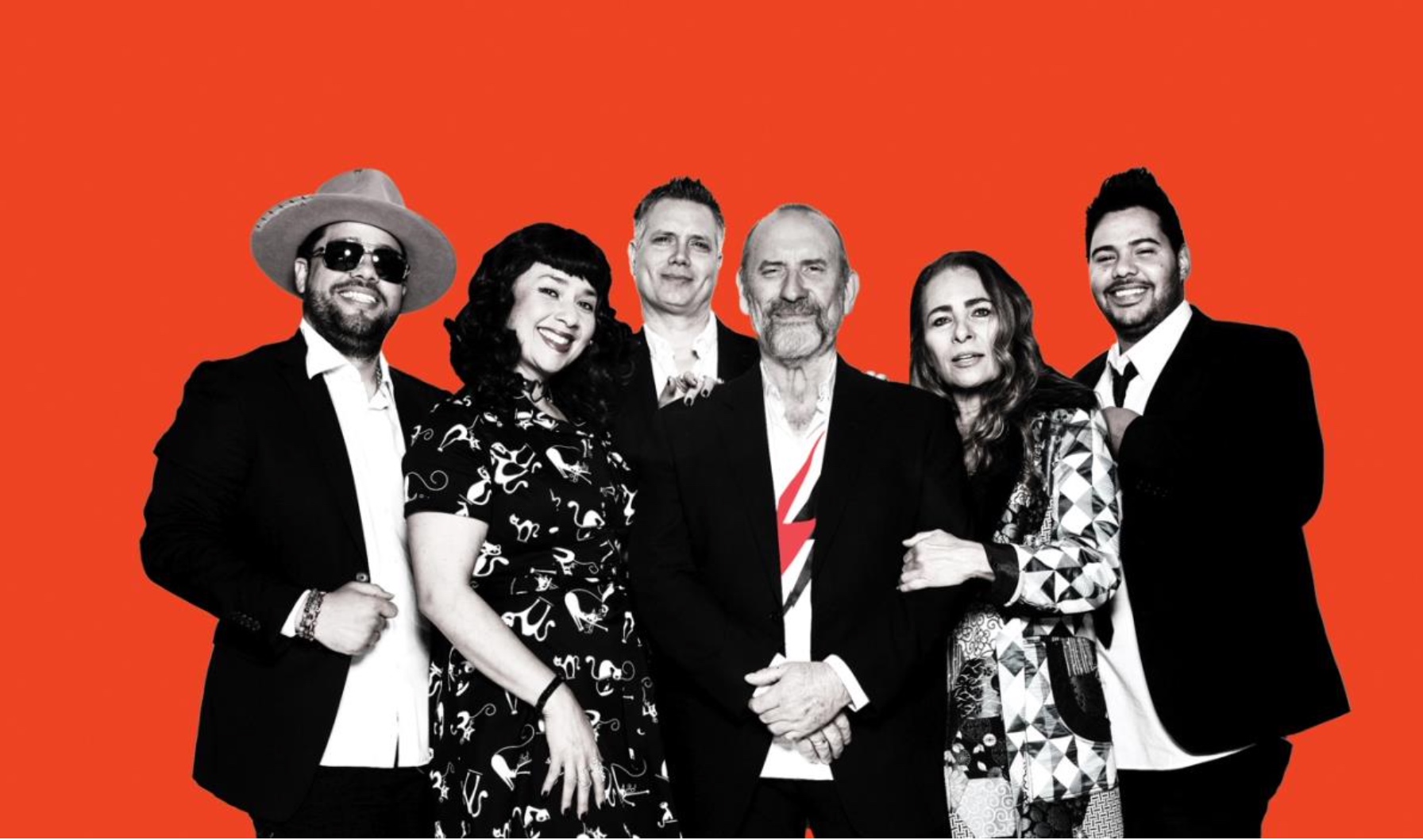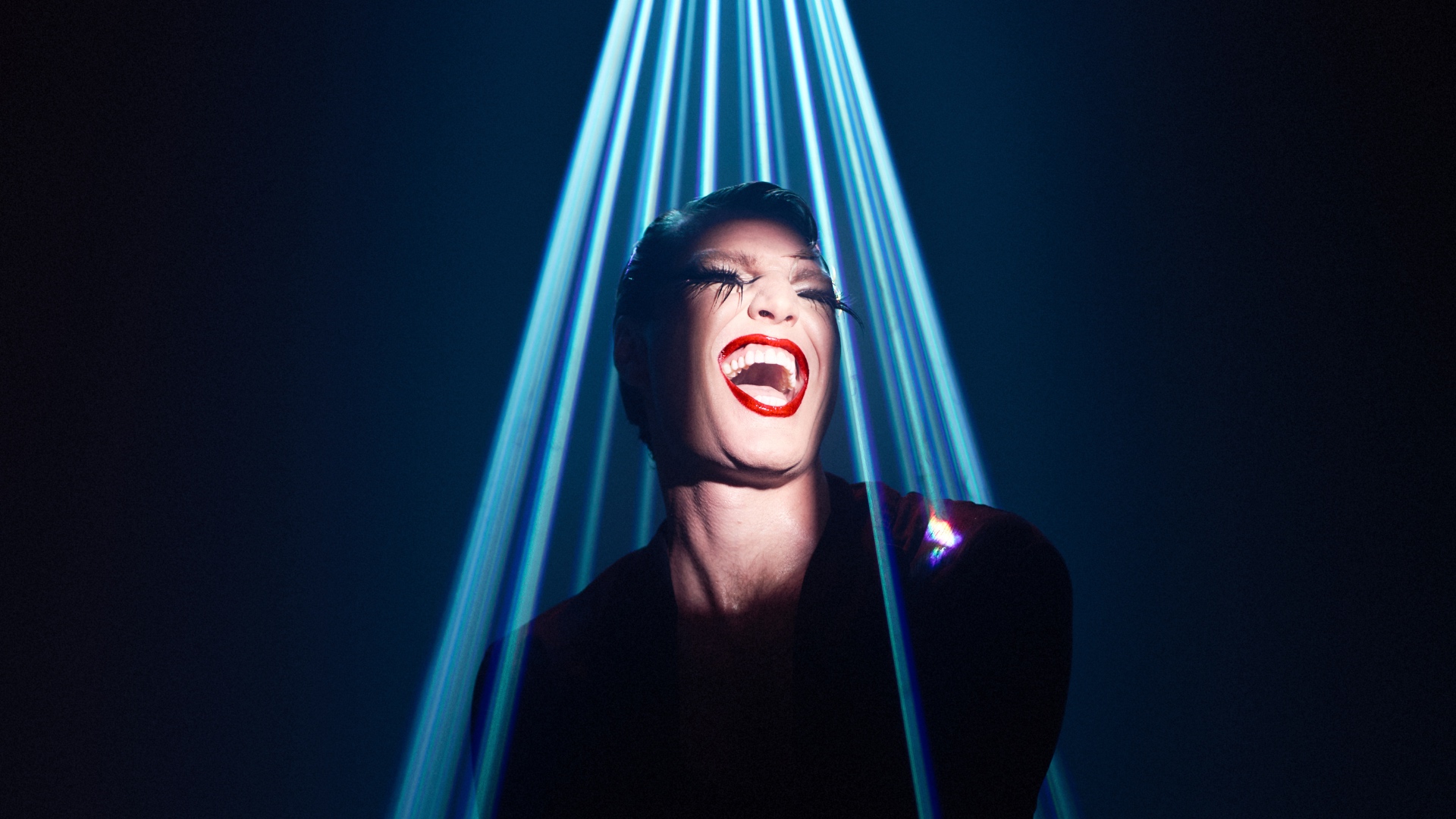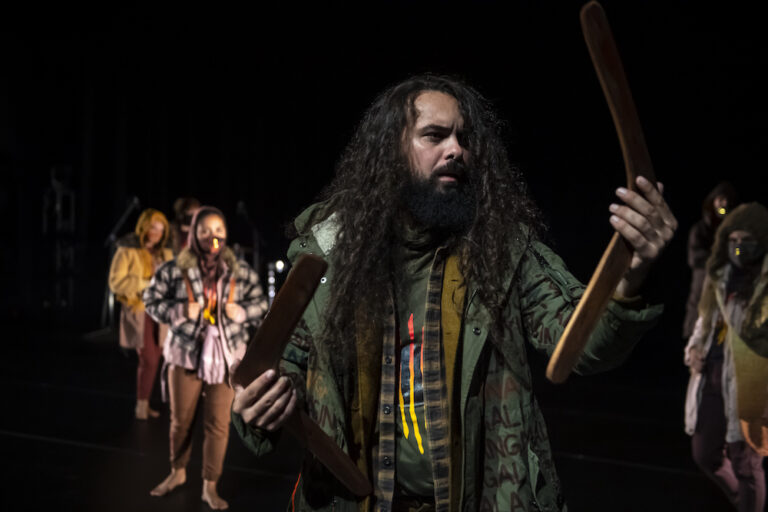
Could You Be in a Cult?

You’ve probably at some point heard a variation of the phrase “drunk the Kool-Aid”, and understood it to mean that someone has fallen for a scam, conspiracy theory, or the teachings of a fringe religion-styled group. The reference (though incorrect – it was actually Flavor-Aid) comes from the infamous 1978 Jonestown Massacre in which more than 900 members of a cult called the People’s Temple, led by Reverend Jim Jones, drank a lethal concoction that included Flavor-Aid and cyanide.
Jonestown is one of dozens of horrific cult stories that have become entrenched in pop culture thanks to a growing fascination with the subject. Books, documentaries, and podcasts abound.
However, the fixation on the sordid details of extreme cults belies the reality that many cults are much more nuanced and do not involve death, sexual deviance or bizarre practices. Most derive from established religions but are more intense and use the tools of coercive control to maintain membership. But that doesn’t mean they aren’t still utterly destructive to a person’s life.
Sarah Steel is a film maker, writer, and host of the award-winning, wildly popular podcast, Let’s Talk About Sects, which explores in detail various cults in Australia and around the world. She has just presented a panel talk for Vivid Festival called Sects, Lies and Cults, in which she interviewed three Australian women about their experiences in different cults.
Laura McConnell Conti was born into The Truth (aka the Two by Twos), Claire Ashman was drawn into The Order of St Charbel by her husband, and Laura Sullivan (Outreach International) was also born into the cult. In each case, the cults were Christian based with strict doctrine adhered to; the members were socially isolated, had all forms of self-expression suppressed; were told they were special and the “outside world” was evil; and were frequently admonished, criticised, belittled.
None of them described violence, sexual abuse, or disturbing ritual practices, but they all agreed they had been coercively controlled, stripped of identity and agency, rendered helpless. Moreover, each said that while they were in their respective groups they believed their lives were “normal” and never considered they might be in a cult. That thought only occurred in retrospect.
What each participant wanted to convey to the filled auditorium was that anyone, no matter how intelligent, gregarious, creative, strong-willed they are, can fall victim to a cult; that some cults don’t really look like cults, at least, not the popular depiction of cults; and that the persistent engagement of family and friends on the outside can eventually help someone leave a cult. And once someone leaves, they have a chance to rebuild their lives and become successful, as each of the women has.
On the back of her podcast, Sarah Steel has written a book, Do As I Say (Pan Macmillan Australia) out on June 28. It includes survivor stories, insights into human behaviour, shocking details about famous cults, and useful information about the mechanics of cults.
For more info about the podcast, book, and Steel, visit the Let’s Talk About Sects website:


